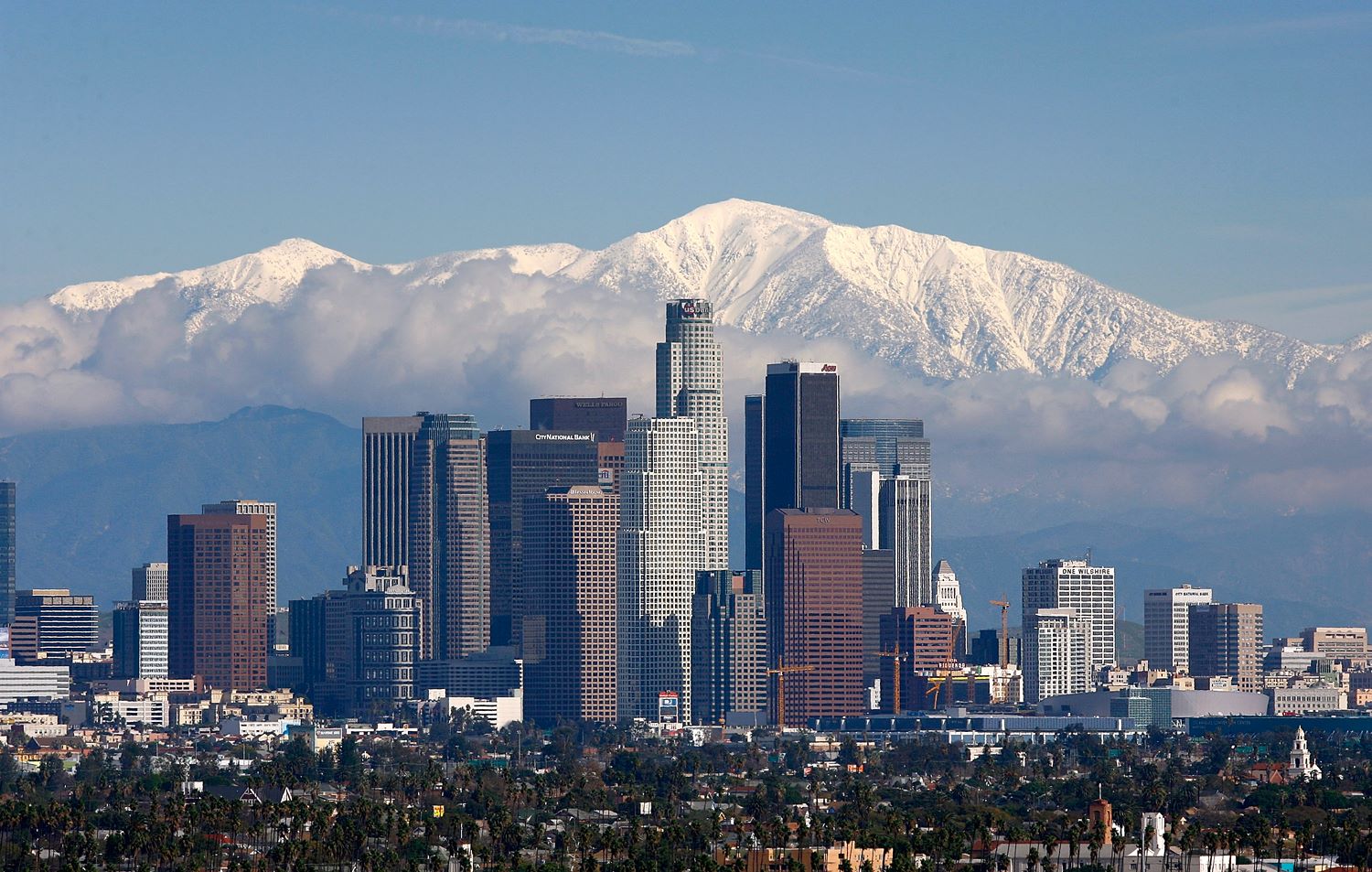The Story Behind Los Angeles’ Nickname ‘The City Of Angels’

Ever wondered why Los Angeles is called "The City of Angels"? This nickname isn't just a catchy phrase; it has deep roots in the city's history. Los Angeles, which translates to "The Angels" in Spanish, was originally named "El Pueblo de Nuestra Señora la Reina de los Ángeles de Porciúncula." That’s quite a mouthful! Over time, people shortened it to Los Angeles, and the nickname "The City of Angels" naturally followed. This name reflects the city's Spanish heritage and its founding by Spanish settlers. Curious to learn more about how this vibrant city earned its angelic moniker? Let's dive into the fascinating history behind it.
The Origins of Los Angeles' Nickname
Los Angeles, often called The City of Angels, has a name that sparks curiosity. This nickname isn't just a catchy phrase; it has deep historical roots. Let's explore the story behind this intriguing moniker.
Spanish Influence
The name "Los Angeles" is Spanish for "The Angels." The city's full original name was quite a mouthful: "El Pueblo de Nuestra Señora la Reina de los Ángeles de Porciúncula." This translates to "The Town of Our Lady the Queen of the Angels of Porciúncula."
Spanish Colonization: Spanish settlers founded Los Angeles in 1781. They named it in honor of the Virgin Mary, reflecting their Catholic faith.
Mission San Gabriel Arcángel: This mission, established in 1771, played a significant role in the city's early development. It was named after the Archangel Gabriel, further cementing the angelic theme.
Cultural Significance
The nickname "City of Angels" isn't just about history; it also reflects the city's diverse culture and vibrant spirit.
Hollywood: Known as the entertainment capital of the world, Hollywood has brought countless "stars" to Los Angeles. These stars, often seen as modern-day angels, contribute to the city's glamorous image.
Art and Music: Los Angeles is a hub for artists and musicians. Many see these creative individuals as angels who bring beauty and inspiration to the world.
Modern Interpretations
Today, the nickname "City of Angels" has taken on new meanings, reflecting the city's evolving identity.
Diversity and Inclusion: Los Angeles is one of the most diverse cities globally. Its residents, from various backgrounds and cultures, are often seen as angels who enrich the community.
Innovation and Technology: The city is a leader in tech and innovation. Many view the tech pioneers and entrepreneurs as angels driving progress and change.
Iconic Landmarks
Several landmarks in Los Angeles embody the angelic theme, adding to the city's unique charm.
Angels Flight Railway: This historic funicular railway, known as "The Shortest Railway in the World," has been a beloved city icon since 1901.
Cathedral of Our Lady of the Angels: This modern cathedral, dedicated in 2002, serves as a spiritual center for the city's Catholic community.
Conclusion
The nickname "City of Angels" beautifully captures Los Angeles' rich history, cultural diversity, and modern dynamism. From its Spanish roots to its contemporary interpretations, this moniker continues to resonate with residents and visitors alike.
The Legacy of Los Angeles' Nickname
Los Angeles earned its nickname, The City of Angels, from its Spanish name, "El Pueblo de Nuestra Señora la Reina de los Ángeles." This name reflects the city's rich history and cultural diversity. Over time, the nickname has come to symbolize the dreams and aspirations of millions who flock to LA for opportunities in entertainment, technology, and more.
The city's vibrant arts scene, iconic landmarks, and sunny weather make it a unique place. Whether you're visiting Hollywood, strolling along Venice Beach, or exploring downtown, the spirit of The City of Angels is ever-present.
Understanding the origins of this nickname adds depth to any visit, reminding us of the city's roots and the many stories that have shaped it. Los Angeles continues to be a beacon of hope and creativity, living up to its angelic moniker.

